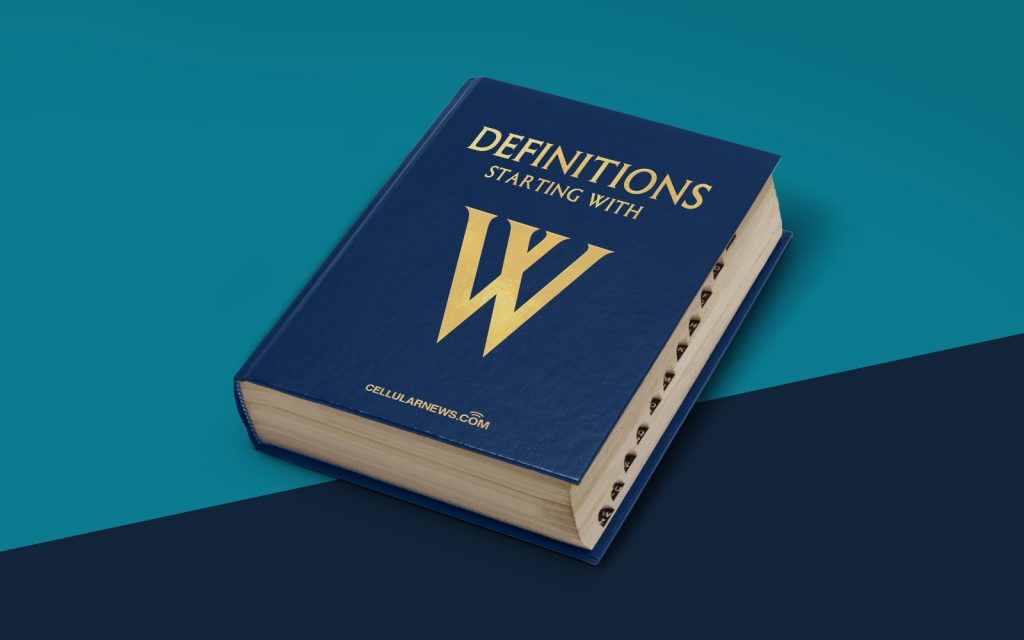
Defining Website Usability: Enhancing User Experience for Better Results
Welcome to our “Definitions” category, where we delve into the various terms and concepts related to website design and optimization. In this blog post, we will explore the meaning of website usability and why it is crucial for online success. So, let’s dive in and uncover the world of website usability together!
Key Takeaways:
- Website usability refers to the ease with which users can navigate and interact with a website, ensuring a positive user experience.
- Implementing good usability practices can lead to increased customer satisfaction, improved conversion rates, and better search engine rankings.
Imagine this scenario: you visit a website, and within seconds, you feel confused and overwhelmed. The navigation is clunky, the text is difficult to read, and the buttons seem to be placed randomly. Frustrated, you quickly leave the site, never to return. This is an example of poor website usability.
Website usability is the art of designing and structuring a website in a way that makes it easy for users to navigate, interact with, and understand. It involves creating a seamless and intuitive user experience that keeps visitors engaged and encourages them to take desired actions, whether it’s making a purchase, filling out a form, or simply exploring your content.
But why does website usability matter? What difference does it make to your online presence? Here are a few key takeaways:
- Improved User Satisfaction: By focusing on usability, you enhance the satisfaction of your website visitors. Users are more likely to stay on your site, explore further, and engage with your brand when they find it easy to navigate and interact with your website.
- Higher Conversion Rates: When your website is user-friendly and intuitive, it becomes easier for visitors to take desired actions, such as making a purchase or subscribing to your newsletter. Improved usability can lead to higher conversion rates and a boost in your overall online success.
- Search Engine Ranking Benefits: Google and other search engines prioritize user experience in their ranking algorithms. Websites with good usability tend to rank higher in search engine results because they offer valuable and relevant content to users, who are more likely to spend more time on the site.
So, how can you enhance the usability of your website? Here are a few recommendations:
- Simplify Navigation: Make sure your website’s navigation is clear, intuitive, and easy to understand. Use logical menus and include a search bar for convenience.
- Optimize Load Speed: Slow-loading websites frustrate users. Optimize your website’s performance by reducing file sizes, leveraging browser caching, and utilizing content delivery networks (CDNs).
- Ensure Mobile-Friendly Design: With the increasing use of mobile devices, it’s crucial to design responsive websites that adapt to different screen sizes and resolutions.
- Use Clear Call-to-Actions: Guide users by incorporating well-designed buttons and compelling calls-to-action that lead them to take the desired actions on your website.
- Test and Analyze: Regularly test and analyze user behavior and feedback to gain insights into areas where usability improvements can be made.
By prioritizing website usability, you can create a positive user experience that keeps visitors engaged, drives conversions, and improves your online presence. Remember, when it comes to website design, great usability is not just a nice-to-have but a necessity!
